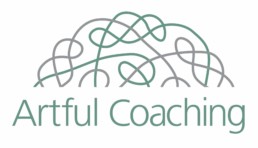Does Diet Matter?
The connection between the gut and the brain
I’ve asked my colleague, Sara Russell to talk about why diet matters for people with learning differences. Here’s what she says:
We have ten times more microbial cells living in our bodies than we have cells of our own. This means that 90% of the DNA in our bodies isn’t even ours. But before you rush out and buy antibacterial soap or call your doctor asking for antibiotics, keep in mind that we depend on probiotic microbes to stay alive and healthy. Their benefits are too numerous to list in this short article, but include digestion of food, absorption of nutrients, production of some vitamins, elimination of toxins, proper immune function, healthy energy and metabolism, as well as optimal memory and concentration.
The gut houses a very large percentage of our microbiota, and the complex connection between the gut and the brain is supported by the nervous system, which helps carry messages back and forth between the gut and the brain. Our gut microbiota, just like us, can be anywhere on the imaginary line that moves from perfect health to dreadful dysfunction. The more balanced the microbiota, the clearer and crisper the messages delivered from brain to gut and gut to brain, and the faster our cognitive processes. The more imbalanced our microbiota, the more disrupted the messages.
There are many dietary and lifestyle factors that can support or damage our microbiota. To make a long story short, processed foods, diets high in sugars and starches, antibiotics (in medications and in the food supply) and some other medications, and foods contaminated with the popular herbicide Roundup are devastating to the health of probiotic microorganisms and favor instead the proliferation of unhealthy microorganisms that can cause dysfunction and disease when out of balance. Many people with asthma, allergies, dyslexia, ADHD and autoimmune conditions have an unbalanced microbiota, and their symptoms often improve drastically through nutritional and lifestyle modifications that restore balance.
Sara Russell is a Nutritional Therapy Practitioner and certified GAPS Practitioner. Find her at www.yourprobiotickitchen.com
